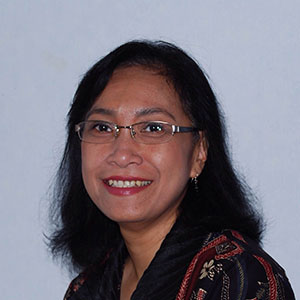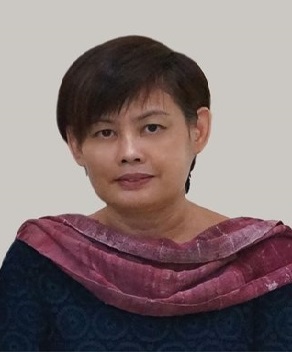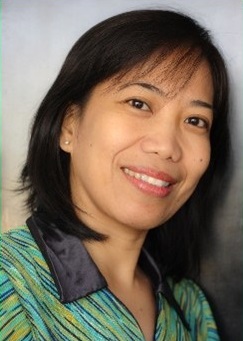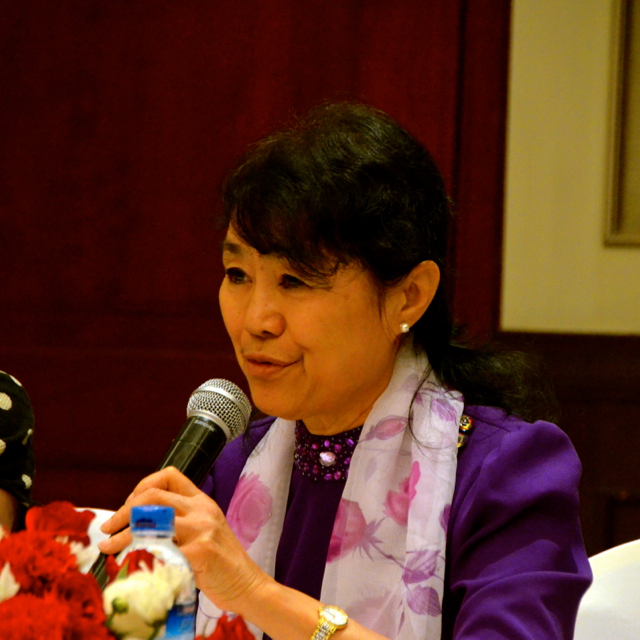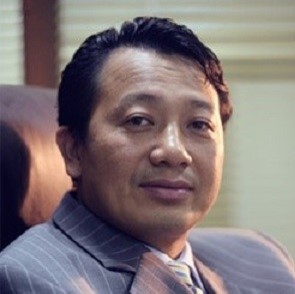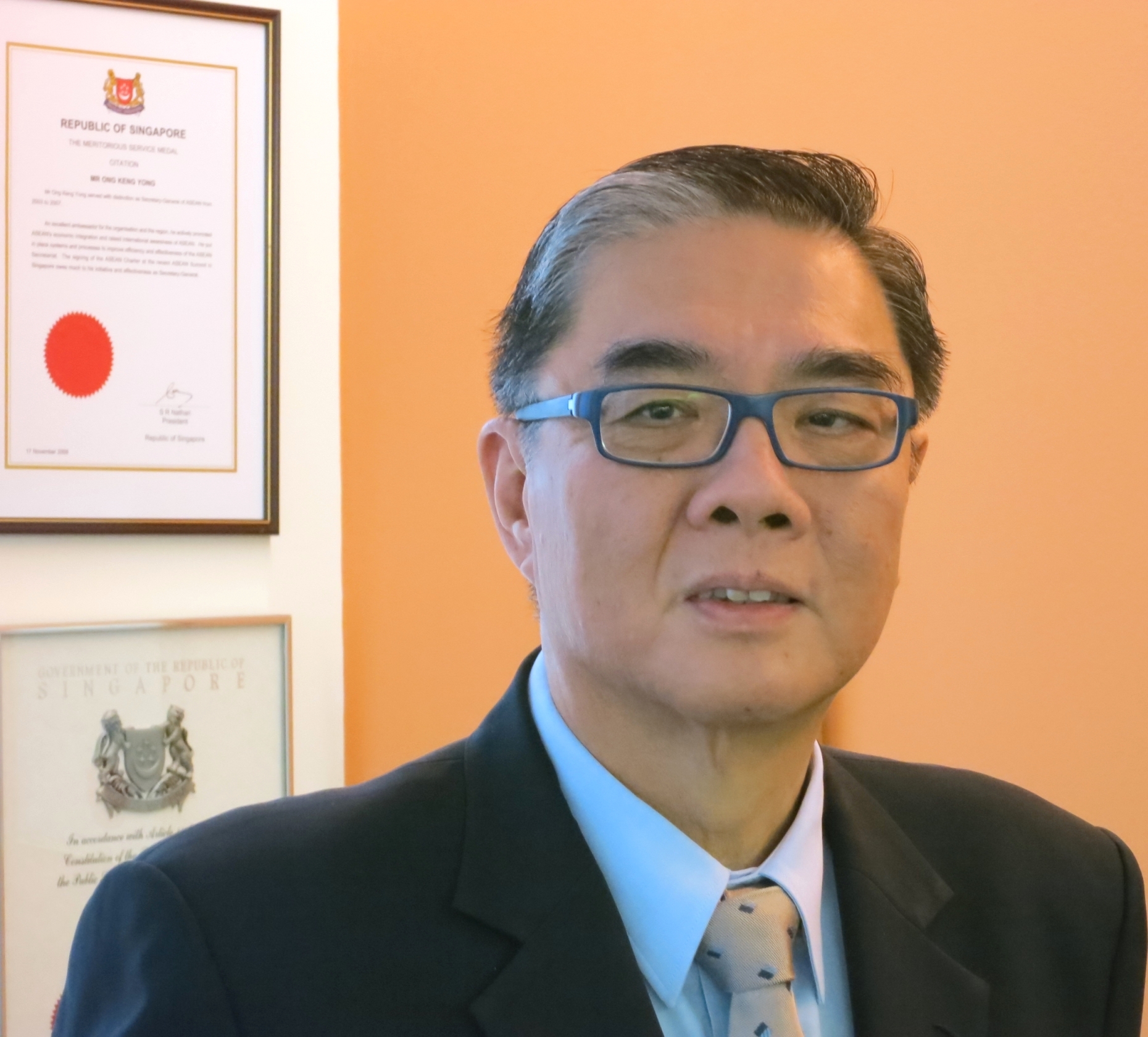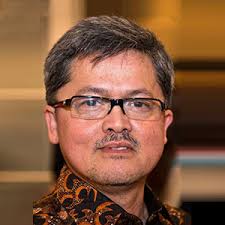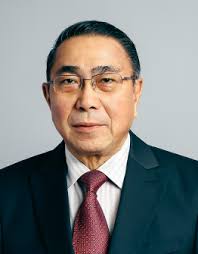About ASEAN CSR NETWORK
Launched on 11 January 2011, the ASEAN CSR Network (ACN) is a regional network of responsible business networks that aims to provide opportunities for networking and exchange, to be a venue for discussing and addressing regional issues and concerns, and to be advocate and capacity builder for acceptance of international norms of CSR behaviour in the region.
It is registered as a company limited by guarantee in Singapore and is an ASEAN Entity under Annexe 2 of the ASEAN Charter with a mission to promote and mainstream responsible business in ASEAN.
ACN works with business associations, civil society, academia and government agencies to promote responsible business in ASEAN. Some of ACN’s key programmes cover food security & sustainable agriculture, business integrity, financial inclusion and business and human rights in ASEAN.
Job Opportunity: Part Time Research Assistant
Part time Research Assistant required for a project for the drafting a of white paper on the state of Labour in ASEAN.
The project requires a part time researcher in drafting this White Paper to examine the status of CSR on Labour in ASEAN countries and good practices implemented at the level of government institutions. It is intended to be a good guide for governments, employers and worker organisations as well as policy makers to formulate plans for socializing the ASEAN Guidelines for CSR on Labour. It will be a desktop research with inputs from relevant parties through structured and semi-structured interviews.
The White Paper is intended to provide the technical foundation for a technical seminar to be held later in the year.
The research assistant will be expected to help complete the first draft of the report by mid June for comments and finalise the report by mid September. This is not a full time position. We estimate the candidate will spend around 15 to 20 mandays for this project. On satisfactory completion of the report, the researcher could be paid S$5000.
TERMS OF REFERENCE
FOR THE DRAFTING OF A
White paper on state of CSR in ASEAN and good practices ON CSR AND DECENT WORK
Making the ASEAN Guidelines for CSR on Labour a Reality
- Purpose of Project and Research
This White Paper will support the ILO “Responsible Supply Chains in Asia” programme. This 3-year project is conducted with OECD and funded by the EU.The Responsible Supply Chains in Asia (RSCA) project aims at enhancing respect for human rights, labour and environmental standards by businesses with supply chains in Asia, aligning their practices to international standards. This regional project covers China, Japan, Myanmar, Philippines, Thailand and Vietnam, and works in specific sectors within each of these countries.
The International standards being referenced include Tripartite Declaration of Principles concerning Multinational Enterprises and Social Policy (MNE Declaration), the UN Guiding Principles on Business and Human Rights and the OECD Guidelines for Multinational Enterprises (OECD Guidelines) the ASEAN Guidelines for CSR on Labour. The MNE Declaration is the only ILO instrument that provides direct guidance to enterprises (multinational and national) on social policy and inclusive, responsible and sustainable workplace practices. The ASEAN CSR Guidelines on Labour is aligned with the MNE Declaration and was adopted by ASEAN Labour Ministers in May 2016.
- Background
The Thai Ministry of Labour organised a workshop in March 2016 with representatives from the ASEAN member states, ASEAN Secretariat, ASEAN CSR Network (ACN) and the International Labour Organisation (ILO) to draft the ASEAN CSR Model on Labour to develop directions to implement it as a mechanism to strengthen trade within the ASEAN region, and to improve trade competitiveness in the global arena. As one of the outputs under the CSR project of ASEAN Labour sector "Moving forward with an ASEAN CSR on Labour to support an ASEAN Community”, the ASEAN Guidelines for Corporate Social Responsibility (CSR) on Labour were adopted at the 24th ASEAN Labour Ministers Meeting convened on 15 May 2016 in Vientiane, Lao PDR. This was intended to serve as a guide for governments, enterprises and establishments, employers’ and workers’ organisations to raise awareness of labour issues among enterprises and incorporate CSR, human rights and decent work into their business practices.
To promote the implementation, the Thai Ministry of labour, with the support from the ILO organized ASEAN Corporate Social Responsibility (CSR) on Labour Forum "ASEAN CSR on Labour: from Guideline to Action” in August 2016. The forum rendered recommended strategies to promote application of ASEAN CSR Guidelines on Labour to business sector.
One of the recommended strategies is that governments, companies and employees need to come together to develop National Action Plans (NAPs) with measurable outputs and outcomes. Thailand developed and launched a National Action Plan in October 2019. Other strategies remain to be taken which include;
- Governments could also employ both the rewards and punishments approach i.e. incentives such as tax rebates, priority consideration for government contracts, recognition awards, etc and vice-versa, similar penalties.
- Tripartism and bipartism at all levels must also be strengthened in order to institutionalise the DNA of sustainability as second nature to all stakeholders.
- Educational and research institutions should also be involved to promote greater research, teaching and practice of CSR.
The RSCA’s project document indicated that the project shall work with ASEAN CSR network and build on the work related to the ASEAN CSR Guidelines on Labour. The organization will deliver the following tasks;
- White paper on state of CSR in ASEAN and good practices from the Governments in the region as well as governments which have similar socioeconomic profile as Thailand. The good practices shall reflect the MNE Declaration and ASEAN CSR Guidelines on Labour as well as its recommended strategies. The paper shall also identify gaps of implementation and provide recommendations for ASEAN and Thailand in advancing policy coherence with international standards as well as in terms of coordination.
- A technical seminar with ASEAN, in collaboration with the Thai Ministry of Labour: The purpose of the seminar is to introduce MNE Declaration and the ASEAN CSR Guidelines on Labour as well as to present the white paper to guide governments, business, employers’ and workers’ organisations to policy makers. The paper will be presented and validated at the seminar in relation to the design and implementation of policies aimed at promoting socially responsible labour practices. The aim of the seminar is also to raise awareness of CSR on labour among various government agencies in Thailand whose work are related to corporate social responsibility. This should include, but not limited to, Ministry of Labour, Ministry of Industry, Ministry of Agriculture, Ministry of Justice and Ministry of Foreign Affairs. The seminar should also generate discussion among diverse agencies and conclude with a set of recommendation on improving policy coherence related to CSR/RBC across relevant agencies. It will also support the advancement of the recommended strategies to promote the application of MNE Declaration and the ASEAN CSR Guidelines on Labour by providing and sharing concrete examples to promote CSR on labour. This seminar will aim for at least 20% female participation.
- Job Scope
The white paper will examine status of CSR on Labour in ASEAN countries and good practices implemented at the level of government institutions. It is intended to be a good guide for governments, employer and worker organisations as well as policy makers to formulate plans for socialising the ASEAN Guideline for CSR on Labour. It will be a desktop research with inputs from relevant parties through structured and semi-structured interviews.
The white paper will provide the technical foundation for the technical seminar to be held in Bangkok. In consultation of the ILO RSCA project, the ACN will design the technical seminar while ILO RSCA project team will organise the logistic and cover the expenses for the seminar. This includes travel cost and DSA according to UN rates. ACN will present the white paper and be involved in formulating the agenda of the seminar.
- Deliverables/End Product
- The end product will be a comprehensive report on the situation in ASEAN Member States regarding CSR and decent work with examples of good practices drawn from other countries. Examples of good practices can be drawn from beyond ASEAN, with consultation with the Ministry of Labour. The topics of good practices may involve 1) institutional architecture; 2) coordination; 3) legislation; 4) policy documentation and 5) platforms or spaces for dialogue.
- The concept note and agenda of the technical seminar
- Presentation and facilitation at the technical seminar
Interested candidates are requested to send their CVs to thomas@asean-csr-network.org by Tuesday, 7 April 2020.


